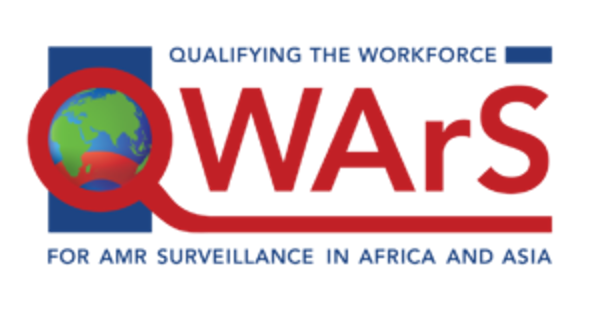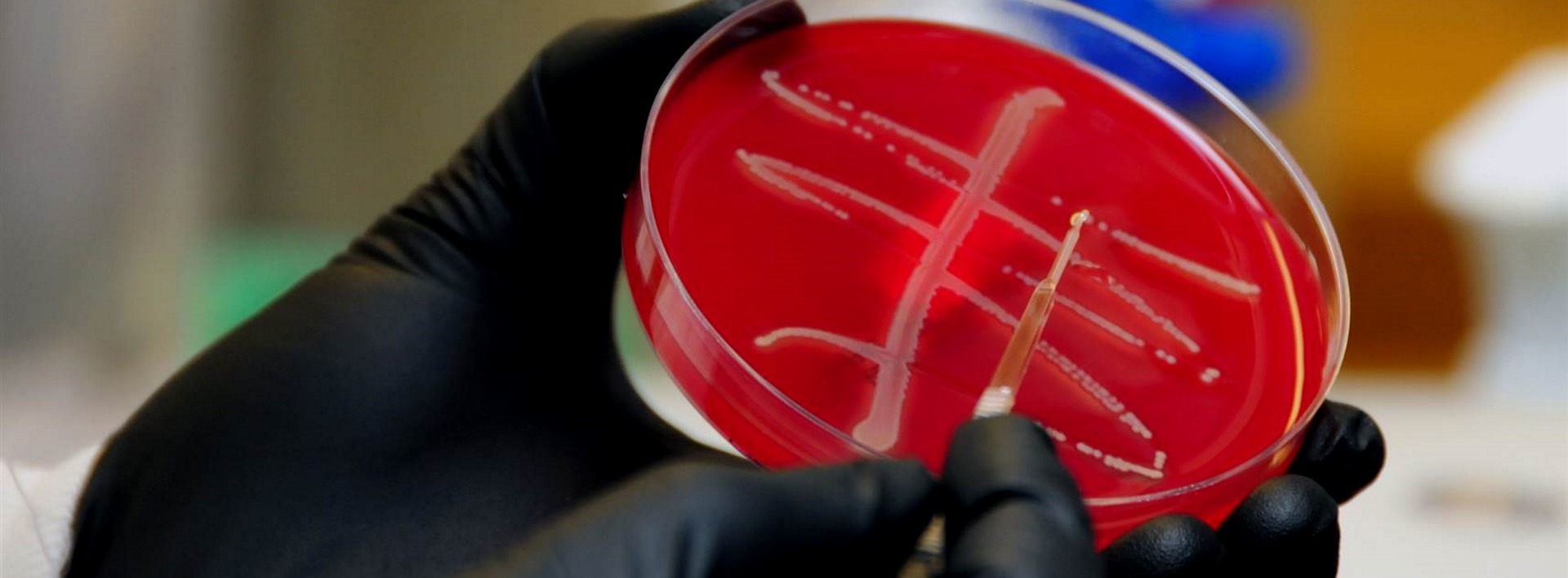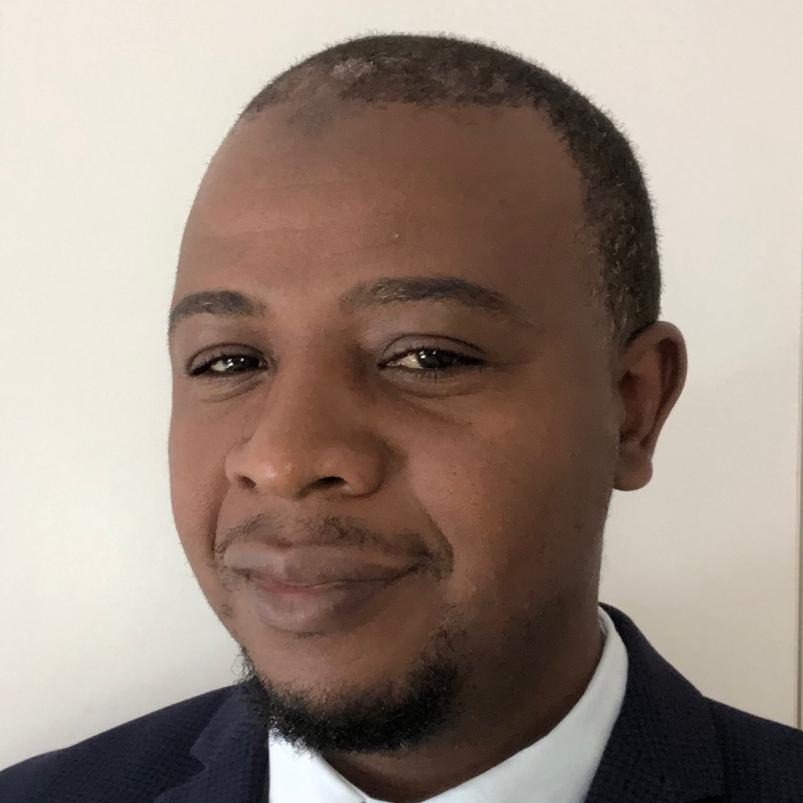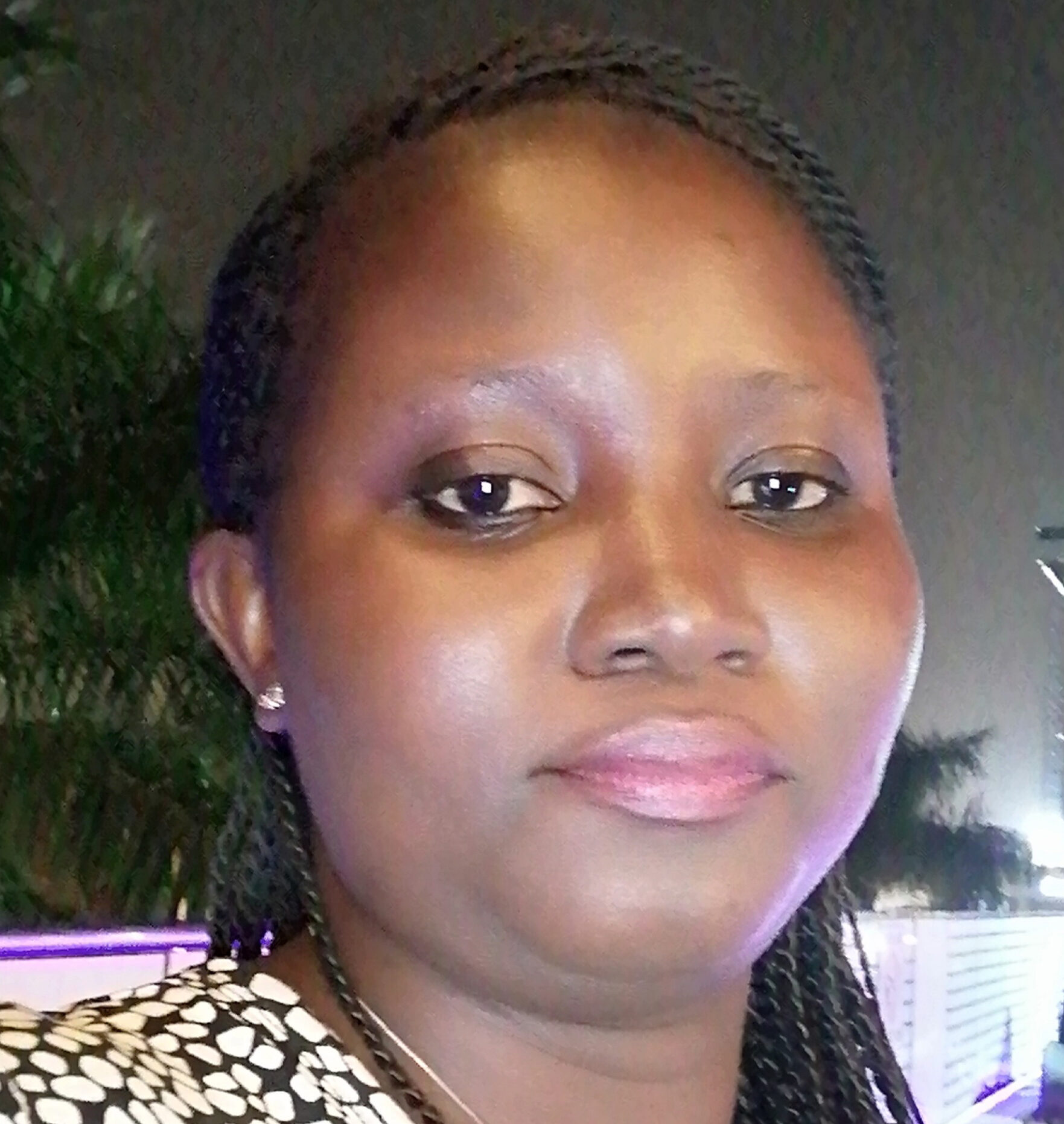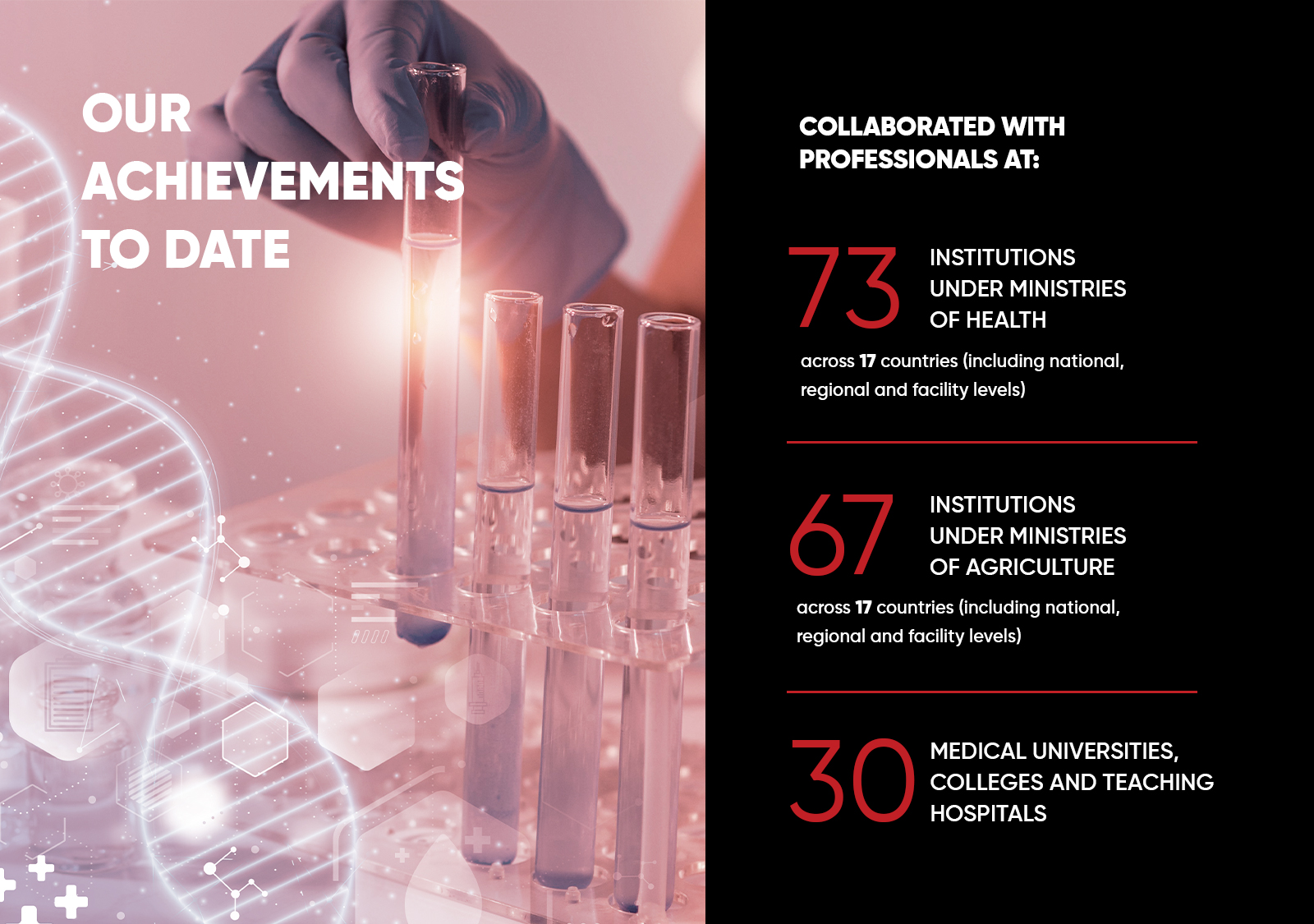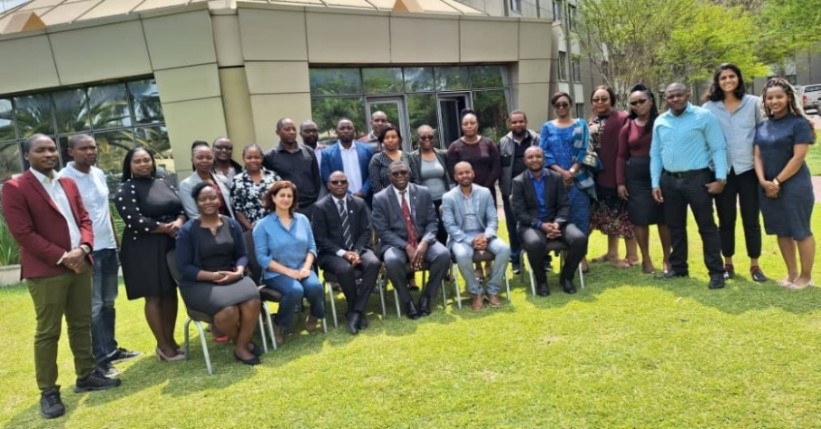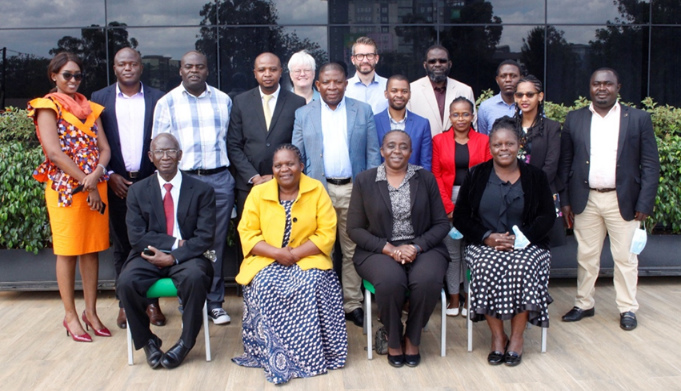In many countries, skilled professionals, capable of generating quality Antimicrobial Susceptibility Test (AST) laboratory results, interpreting Antimicrobial Resistance (AMR) data, or designing relevant and representative AMR surveillance protocols required for solid AMR surveillance systems are scarce. Competency standards for AMR surveillance are not well defined, even in reference laboratories, which complicates efforts to reduce the impact of the workforce shortage. The Qualifying the Workforce for AMR Surveillance in Africa and Asia (QWArS) project builds AMR surveillance capacity among laboratory and epidemiology professionals from the human and animal health sector, towards standardised competencies fit for the context of African and Asian settings. The aim of QWArS is to link the qualification to formal registrations maintained at the ASLM Academy, and to designations or licensures provided by national professional councils, wherever possible. In addition, training-of-trainers packages aim to provide further opportunities for continued professional development. The QWArS consortium works in 17 African and three Asian countries, and is led by ASLM and its partners including Africa CDC, the American Society for Microbiology (ASM), the Institut Pasteur International Network (IPIN), Institut de Recherche en Santé, de Surveillance Epidémiologique et de Formation (IRESSEF), Foundation Mérieux (FM), and the National Food Institute, Technical University of Denmark (DTU).
Qwars (Qualifying the Workforce for AMR Surveillance in Africa and Asia)
